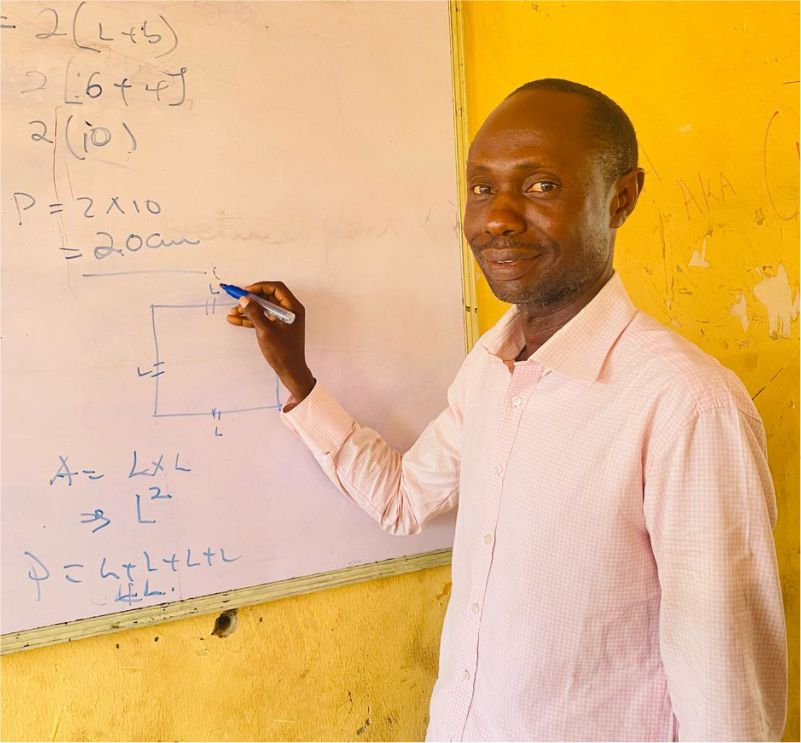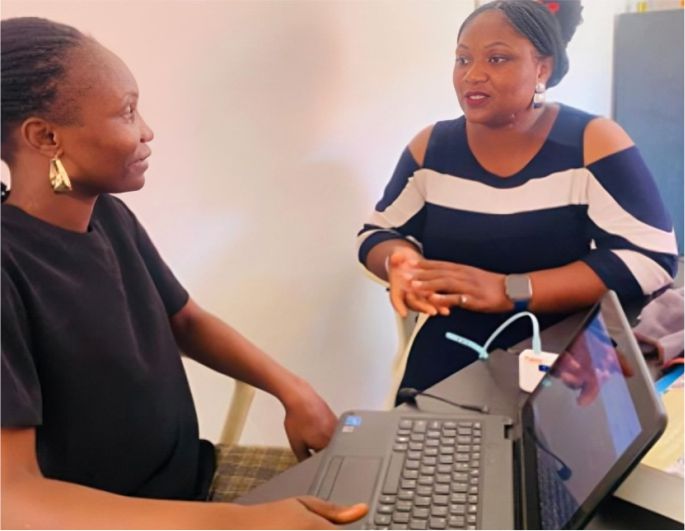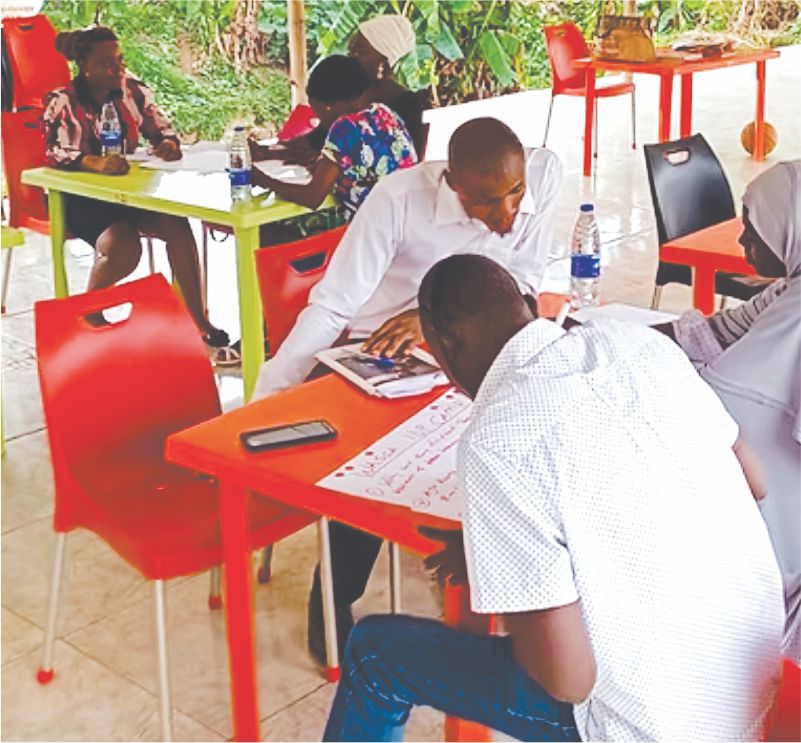
Teachers Training Program
The Teacher Crisis
Nigeria, like many developing nations, faces a critical shortage of qualified teachers. According to UNESCO estimates, nearly 70 million additional school teachers are required globally to provide every child with primary and secondary education by 2030. This shortage is particularly acute in conflict- affected regions like northern Nigeria.
Beyond quantity, teacher quality presents an equally urgent challenge. A significant proportion of teachers lack the subject knowledge and pedagogical skills necessary for effective instruction. This deficiency directly impacts children's learning outcomes and contributes to high dropout rates and poor academic achievement.
Our Strategic Response
Education Plus has developed a comprehensive Continuous Professional Development training program addressing both the technical and psychosocial dimensions of teaching in crisis-affected communities. Our program currently serves:
• Teachers in our Accelerated Learning Hubs
• Secondary school teachers working with scholarship students in our SSEP program
Program Content and Methodology
Our teacher training curriculum is built around eight core modules designed to transform teaching practice and student outcomes:
1. Literacy and Numeracy Development
• Evidence-based strategies for foundational skills instruction
• Differentiated teaching approaches for various learning levels
• Remedial techniques for students with learning gaps
• Practical assessment methods to track progress
• Creating structured and supportive learning environments
• Non-punitive discipline approaches
• Conflict resolution techniques
• Strategies for managing large class sizes effectively

• Integrating social-emotional skills into academic instruction
• Building student resilience and emotional regulation
• Creating emotionally safe classroom environments
• Developing students' collaborative skills and empathy
• Recognizing signs of trauma and psychological distress
• Basic counseling techniques appropriate for educators
• When and how to refer students for specialized support Self-care strategies for teachers to prevent burnout
• Conflict resolution and mediation skills
• Building inclusive classroom communities across ethnic and religious differences
• Teaching peaceful dialogue and understanding
• Addressing bias and prejudice in educational settings
• Integrating ethical development across the curriculum
• Building character and moral reasoning
• Nurturing responsible citizenship
• Fostering integrity and respect for diversity
• Creating effective learning schedules and routines
• Resource management in low-resource environments Data-driven decision making
• Parent and community engagement strategies
• Collaborative planning and professional learning communities Peer observation and feedback
• Mentorship and coaching relationships Distributed leadership approaches

Training Methodology
Our teacher training employs a cycle of:
• Expert-led workshops introducing key concepts and practices
• Classroom implementation with ongoing support
• Observation and feedback from experienced mentors
• Reflective practice and peer learning communities
• Follow-up training to address emerging challenges
• Impact assessments to measure training effectiveness
Expansion Vision
With additional funding, we plan to significantly expand our teacher training program to include:
• Teachers from state-run schools serving IDP populations
• Educators at low-income private schools with high numbers of displaced students
• Community-based informal educators working in IDP settlements
• Development of master trainers to scale the program sustainably
This expansion would multiply our impact by improving instruction quality across entire schools and communities, ultimately benefiting thousands more students beyond those directly enrolled in our programs.
The psychosocial component is particularly critical given the trauma experienced by many children in IDP communities. Teachers who understand how trauma affects learning and behavior can create healing classroom environments that enable academic progress alongside emotional recovery.




